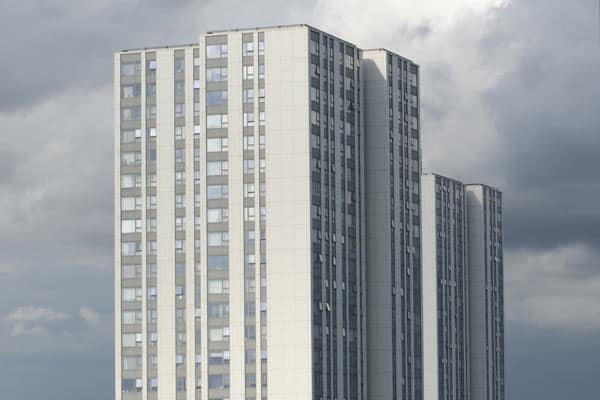
This summer we issued two homeless appeals of S. 202 homeless review decisions made by the London Borough of Bexley. Both appeals were settled prior to the final hearing as Bexley agreed to withdraw the review decisions and conduct new reviews. As the cases were settled it is not known upon which grounds Bexley Council decided to concede. However, both cases raised grounds in relation to the contracting out of the review process to the London Borough of Southwark; a practice also used by the Royal Borough of Greenwich. It was submitted that Southwark did not have authority to conduct the review process or issue the review decision as Bexley had not complied with the conditions of their own cabinet approval or Contract Procedure Rules when agreeing the provision of review services. Furthermore, it was raised that there was potential bias in the review process as Southwark were paid £250 (+VAT) for a review decision which upheld the S184 decision, but only £100 (+VAT) for a review decision which overturned the S184 decision.
Aside from the grounds in relation to the outsourcing of the review process, the two appeals had no other common features.
The first appeal was in relation to a review decision that our client was intentionally homeless. He had been locked out of his home where he lived with his estranged wife and her new partner. Due to events resulting from our client being locked out, a restraining order was obtained against our client. However, our client’s case was that he was not intentionally homeless as he it was no longer reasonable for him to occupy his former home as his estranged wife and her partner had engaged in a campaign of domestic abuse against our client. The grounds of appeal raised problems with the ability for our client to respond to negative findings based on evidence provided by our client after the Regulation 7(2) notice, and that proper inquiries had not been made into potential witnesses to the domestic abuse our client suffered. A second review is now being conducted.
The second appeal was in relation to a review decision that our client and her adult, dependent daughter were not in priority need. An expert report confirmed our client’s daughter suffered from autism, anxiety and depression and that homelessness would be a “disaster” for her and would likely result in self-harm and suicide attempts. The grounds of appeal raised that proper consideration had not been given to the report and that the finding they were not in priority need was irrational. It was also highlighted that to reach the decision the review officer did, there could not have been consideration of the correct comparator of an “ordinary person” as required by Hotak, Kanu and Johnson [2015] UKSC 30. Bexley Council subsequently accepted the main housing duty to our client and her daughter.